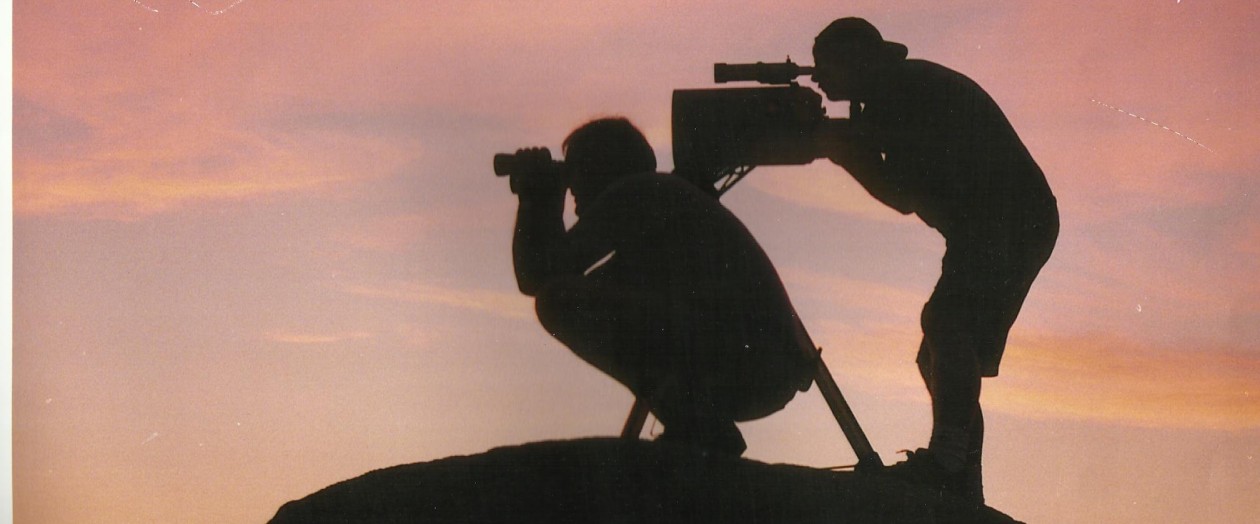on the way to the forum.
An old Gallup poll was the subject on the forum I was visiting and ‘American public opinion was 90% opposed to entering World War 2!’ was the introductory line.
Now something like that will always get my attention what with my awareness of the activity of the National Security League prior to our entry into the earlier world war so I did a cut and paste of a part of https://www.bucksafa11.org/2021/01/26/commies-traitors-nazis-oh-my/ intending to share the WW I example of the same public attitude I reported in that piece…
Helke Rausch (University of Freiburg) focuses on a particular group of public elite actors during the neutrality period: philanthropists in the fledgling Rockefeller Foundation.
The foundation’s officers, Rausch demonstrates, disregarded American neutrality and from the outbreak of the war in 1914 pleaded for entering into direct commitments in the European war zone. With the entry of the United States into war in early April 1917, Rockefeller officials and collaborators then became “combat” philanthropists,
assisting the U.S. military by providing moral education and running campaigns to Americans in World War I – World War I in America 601
… Rausch concludes that World War I served as
the Rockefeller Foundation’s period of incubation, transforming it into a hallmark of the American twentieth century. Taken together, the contributions by Piller, Jansen, and Rausch suggest that while some types of American engagement in the war indeed spanned the 1917-divide, American entry into the war reframed (and transformed) its rationale and meaning.
While their work helps expand the agenda of historical investigation,
therefore, it also insists on the relevance of political decisions. They remind us that non-state activities have political significance…
This is an excerpt from the Congressional hearing to back up Helke Rausch’s conclusion
From https://ia802605.us.archive.org/9/items/nationalsecurit00housgoog/nationalsecurit00housgoog.pdf
Content excerpted from pages 24-27
Mr. Harrison. Do you recall offhand what is the largest contributions you have received?
Mr. Lydecker. The largest? I may say that I personally, haven’t had charge of any of the solicitation or requests for contributions but I know, as president of the league, of the largest contribution that has been made, which was made by the Carnegie Foundation. $100,000. It is in two payments of $50,000 each.
Mr. Harrison. What was that?
Mr. Lydecker. In two payments of $50,000 each.
Mr. Harrison. That was in the beginning of the organization?
Mr. Lydecker. No: the $50,000 last paid has been spent by present incumbency.
Mr. Harrison. Well, what is the next largest contribution; do you recall?
Mr. Lydecker. I have personal knowledge of no other contribution. but I have indirect knowledge of the payment of $25,000 by the Rockefeller– by John D Rockefeller.
Mr. Harrison. Personnally?
Mr. Lydecker. Personnally, I think it was.
Mr. Harrison. What is the Carnegie Foundation?
Mr. Lydecker. I believe that that is a corporation of which Mr. Pritchett is the president– Henry Pritchett. I must correct my statement. Take out the word “Foundation” and call it the Carnegie Corporation.
Mr. Harrison. They are interested in steel production, aren’t they?
Mr. Lydecker. I don’t think so.
Mr. Harrison. What do you think they are interested in?
Mr Lydecker. I understand that that is a purely philanthropic fund for educational purposes.
Mr. Harrison The Carnegie Corporation?
Mr. Lydecker: I think so.
Content excerpted from pages 248-251
Mr. Lydecker. Having covered the ground in respect of those institutions, the subject of the Americanization of adults is carried on through the dissemination of propaganda in the nature of the pamphlets which are here, a list of which I ask leave to file for the information of the committee– a list of pamphlets issued during the past two years and up to the present time.
Then I wish to add that the remaining part of the work of propaganda, in respect to the adults, is the dissemination of the work of the committee on the Constitution of the United States and the celebration, in due form, of the ratification of that Constitution on the 17th day of September, 1919…
I don’t understand the significance of the 17th day of September, 1919 in that last sentence anymore than I understand the pulling of an interesting thread with the excuse ‘fake headline’ when the poll taken Sept. 1-6, 1939 clearly answered the question
| Should we send our Army and Navy abroad to fight against Germany? | 16 | 84 |
|---|
with a loud no.
Who knows what changed their mind a few days later. September 11 has a very UNsettling history with US.
Just thought I’d share.
